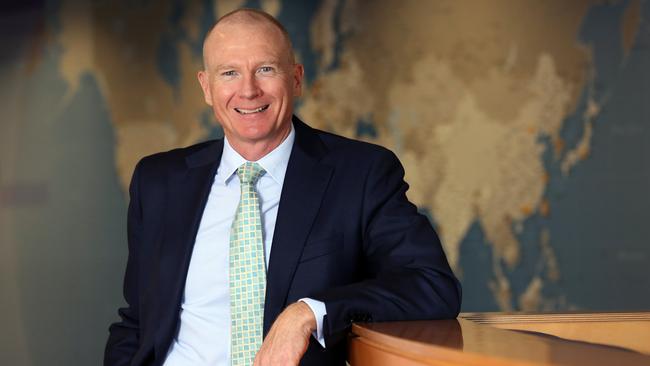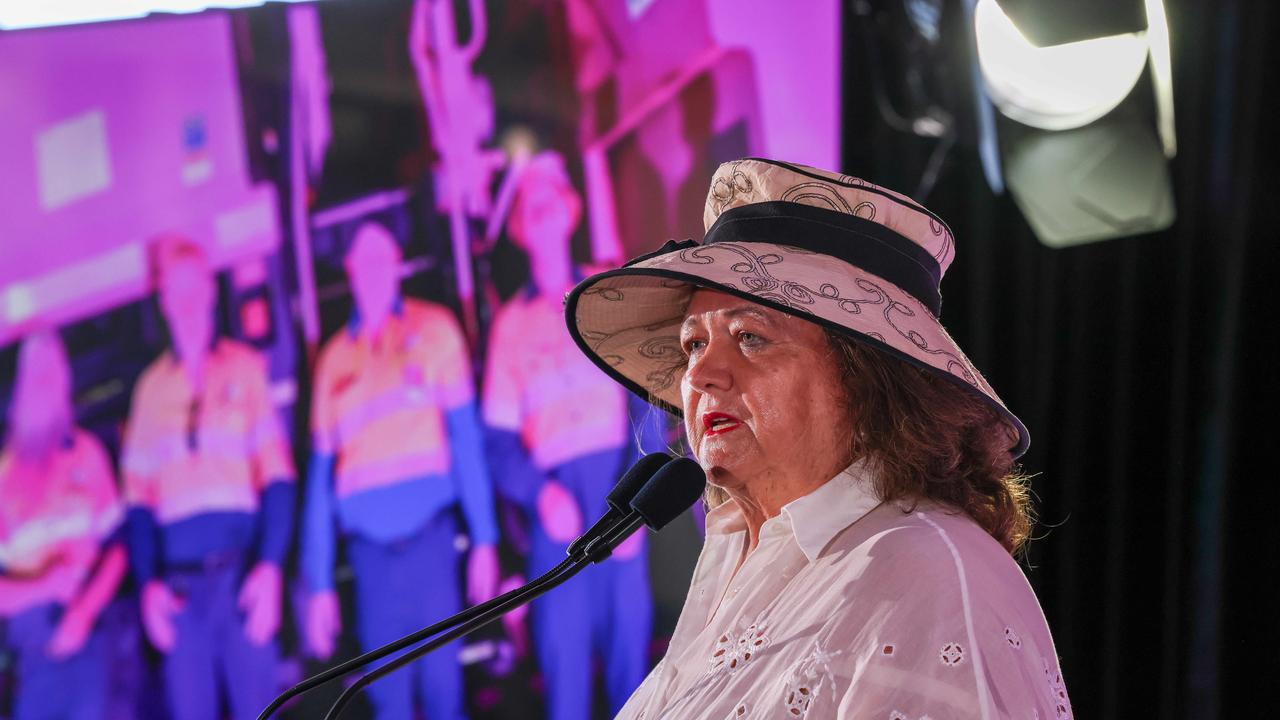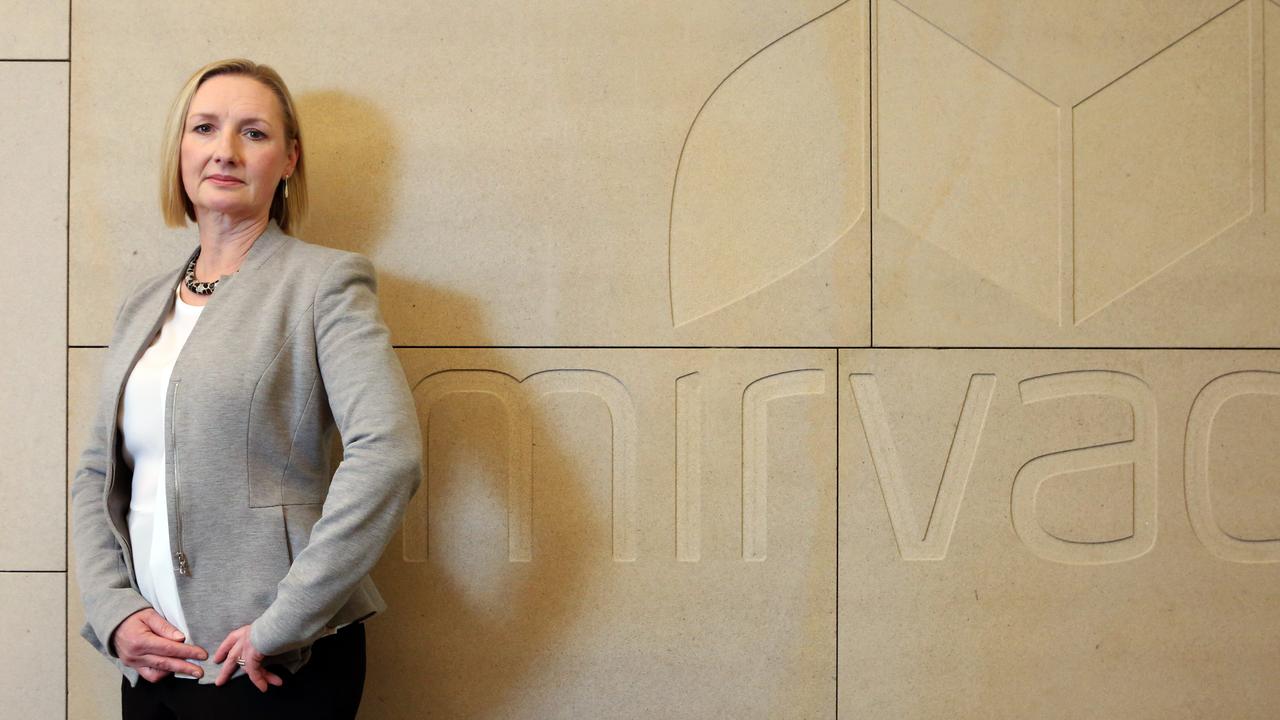
Here, in his own words, is what Cochlear’s Dig Howitt sees ahead in 2020.
Read more from the CEO Survey.
How is your company affected by low-interest rates and what is needed to boost the economy?
Less than 5 per cent of Cochlear’s sales are in Australia, so low-interest rates in Australia don’t have a significant impact on Cochlear’s revenue. However, the competitiveness of Australia’s economy does have an impact on our cost base.
What percentage of company revenues are spent on research and development, and how is your company using technology to improve performance?
We see constant innovation as a must, so we can help more people living with hearing loss. Cochlear has been the global leader in implantable hearing solutions for close to 40 years and continues to invest 12 per cent of revenue each year in research and development (R&D). Last year, this amounted to more than $180m. The primary focus of our R&D is investing in improving hearing outcomes. This involves continuing to understand the science of hearing loss and developing new implants and speech processor.
We also invest in integrating our products with everyday lives, such as being able to stream sound from smartphones directly to the implant system. We are also working on innovations in service and support technologies used by our customers and health professionals to make their lives easier. Artificial intelligence and connectivity are two opportunities for us to automate routine check-ups that are done on sound processors and implants. This could help to reduce the lifetime costs of care, enabling more people to get access to hearing technology.
Finally, we are investing in building the clinical evidence that shows how much more effective cochlear implants are for many people with severe to profound hearing loss than hearing aids and evidence that shows the economic and social benefits of treating hearing loss effectively.
What are the three major policy issues facing the country and what should be done about them?
We have had multiple reviews and reports over the past five or so years that all say Australia’s future prosperity will be driven by knowledge-intensive companies that collaborate, innovate and export. Cochlear has been publicly advocating for government to take decisive action that will enhance Australia’s international competitiveness for globally mobile business investment. There is a global war for R&D investment and for companies that can deliver export-driven prosperity and create good, high paying jobs for the future.
Australia is not competing as actively as peer nations – such as the UK, Ireland and others – for R&D investment, advanced manufacturing and life sciences businesses. Business investment in R&D continues to decline, innovative activity is falling, and productivity has stalled.
The reintroduction of the modified RDTI legislation in December is positive, and hopefully, it will pass the Senate in 2020. Policy settings that could improve our competitiveness include:
● Introducing targeted incentives for companies with cutting edge manufacturing, R&D and IP development
● Implementing more ambitious and flexible regulatory frameworks that allow us to be globally competitive while protecting local consumers
What are the major impediments to long-term growth facing your company, and what can or is being done about them?
Cochlear has a significant opportunity to grow. Hearing loss is one of the most prevalent and least treated medical conditions. WHO estimates that more than 460 million people lie with a disabling hearing loss. Of all the people living with disabling hearing loss, more than 90 per cent are adults and almost half are over 65. However, despite its significant impact, hearing loss gets neglected as a global health priority. There is growing evidence that good hearing is important to healthy ageing, and there is a very strong correlation between hearing loss and dementia.
We estimate that fewer than one in 20 people worldwide who could benefit from a cochlear implant have received one. In many countries, adults do not have their hearing assessed as part of their regular health check-ups. Of the few people who do get checked, even fewer are referred to a hearing specialist to see if an implantable hearing solution could benefit them.
The biggest barrier to our growth is that there is low awareness of how effective cochlear implants are for both adults and children. We are investing in activities to build awareness and access around the world.
In 2018, the World Health Organisation called for four key, global actions to address the impact of hearing loss. These include:
● integrated hearing health policies for earlier intervention;
● raising awareness on the need for improved hearing care;
● building capacity for hearing loss education and healthcare; and
● improving access to hearing devices and services.
We support the WHO recommendations and are actively starting and collaborating on projects that will improve outcomes for people living with hearing loss and their communities.




Every year The Australian’s John Durie asks some of the biggest names in Australian business five key questions about what’s coming in the year ahead.